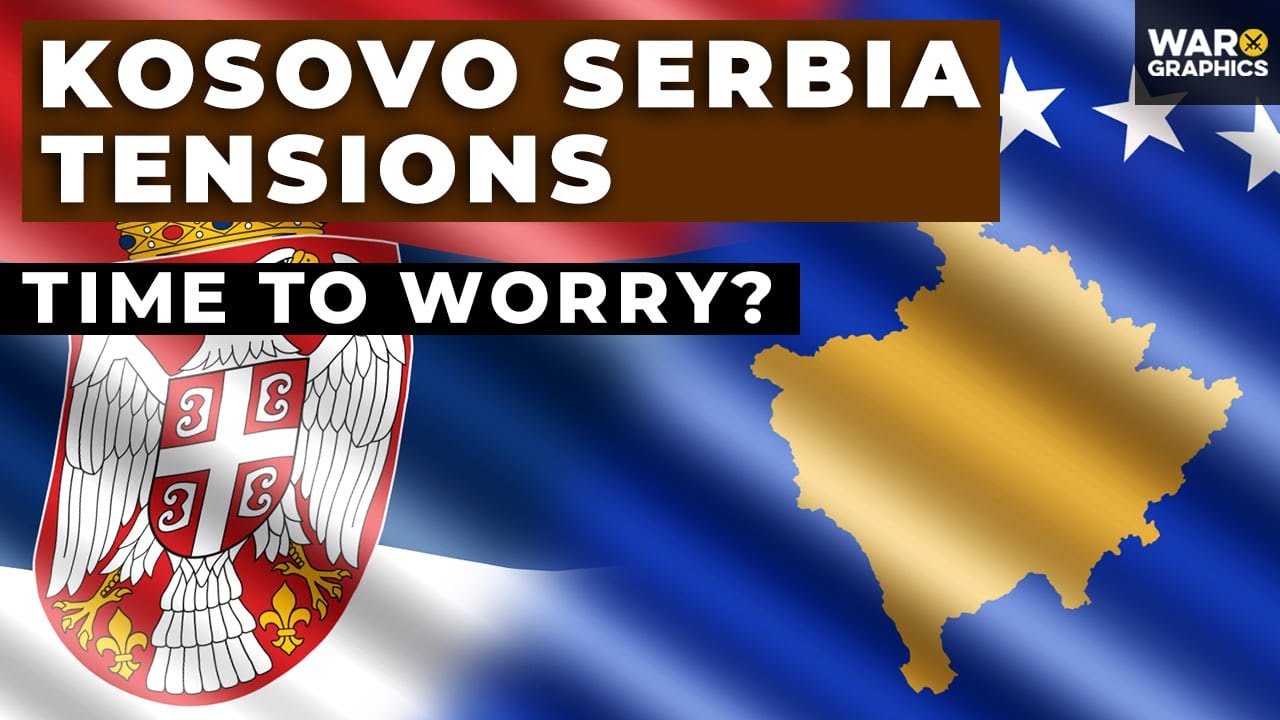Recent developments have escalated tensions between Kosovo and Serbia to a level not seen in decades. In late September, an ambush by armed Serbs in Kosovo resulted in the death of a Kosovo policeman, sparking fears of a potential all-out war. Both nations have since engaged in a war of words, with Kosovo accusing Belgrade of supporting organized crime attacks against it, while Serbia denies these accusations. The situation is further complicated by a significant military buildup on Kosovo’s border by Serbian forces, raising international concerns about the possibility of conflict in the region. This tense situation is a stark departure from the hopeful atmosphere earlier in the year when discussions aimed at normalizing relations seemed promising.
- In late September, roughly 30 Serbs in military uniforms blockaded a bridge in Kosovo, leading to a deadly ambush on Kosovo police.
- The ambush resulted in one police officer killed and led to a siege involving Kosovo special forces and Serbian gunmen.
- Authorities in Kosovo and Serbia have blamed each other for the violence, with Kosovo accusing Belgrade of supporting the attackers.
- The United States has indicated that the attack was highly organized and suggests substantial resources were behind it.
- Following the incident, there was an unprecedented buildup of Serbian troops along Kosovo’s border, raising fears of a possible invasion.
- NATO has responded by boosting its presence in the region, deploying an additional 600 troops mainly from Great Britain.
- The root of the conflict can be traced back to the Kosovo War in the late 1990s and the subsequent ethnic tensions between Albanians and Serbs in Kosovo.
- Relations between Kosovo and Serbia have been further strained by a failed agreement earlier this year aimed at normalizing relations.
- Both countries are led by nationalist leaders who have historically contributed to escalating tensions.
- The EU’s role in mediating peace talks has been criticized, with recent negotiations stalling due to disagreements.
- There are concerns that external forces, including Russia, may be exacerbating tensions for their own strategic interests.
- The current situation has led to fears that the Balkans could be on the brink of another conflict, reminiscent of the violence in the 1990s.
This summary has been generated by AI.

Leave a Reply